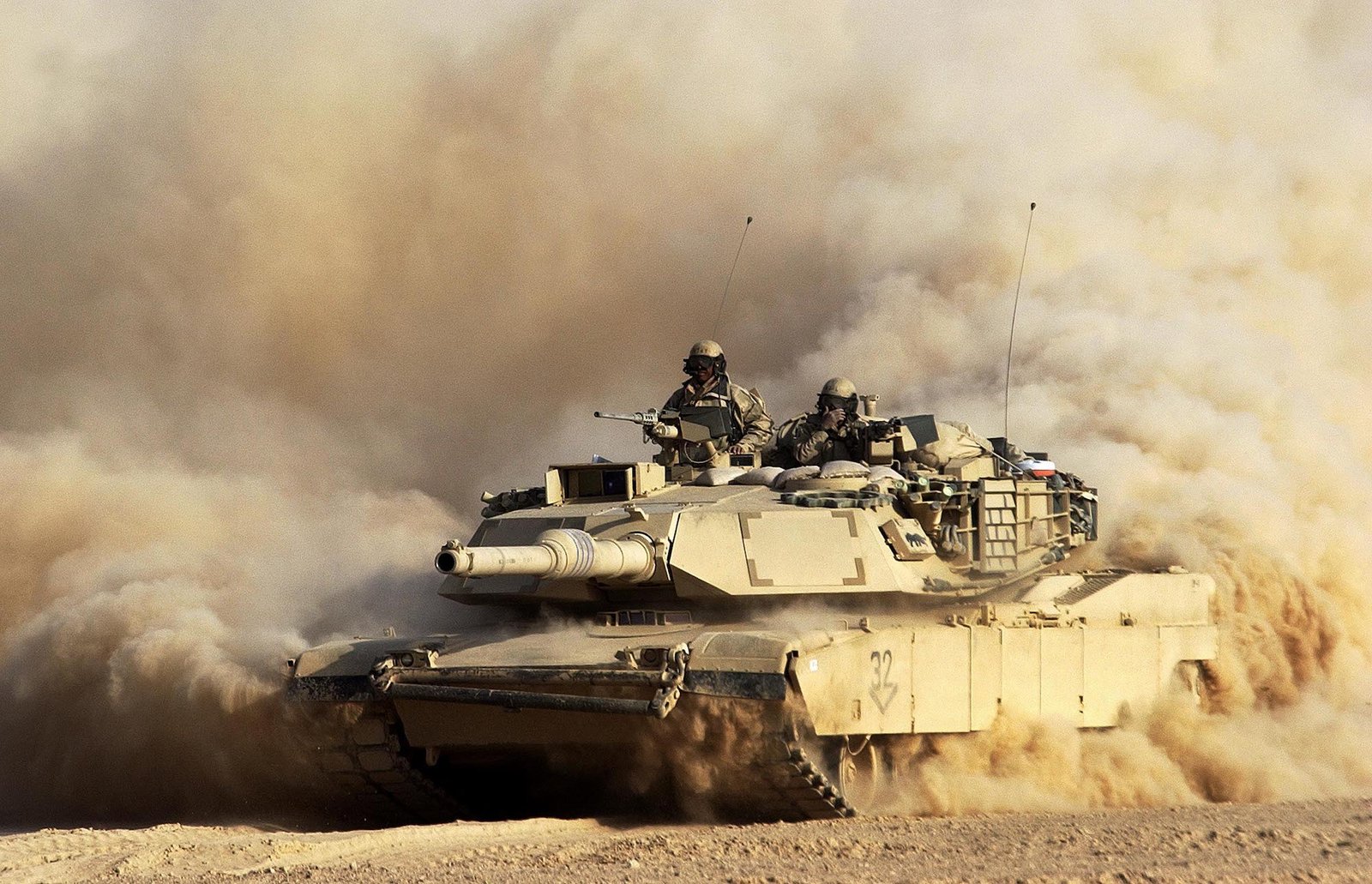Why Major Global Powers Fail to Prevent War in the Middle East
For almost a year, war has raged in the Middle East. Despite efforts, the world’s biggest powers like the United States and others have not been able to stop or significantly affect the fighting. This inability highlights a world where no one country holds complete power, and conflicts are harder to control.

The Situation in Gaza and Lebanon
The United States has tried multiple times to mediate peace talks between Israel and Hamas, the militant group controlling Gaza. However, these talks, which often seem close to success, have repeatedly fallen apart. Meanwhile, efforts to stop a full-scale war between Israel and Hezbollah in Lebanon are ongoing but face many challenges. These efforts became even more complicated when Hassan Nasrallah, Hezbollah’s leader, was killed by Israel. This has created uncertainty, as Nasrallah was central to Hezbollah for over 30 years, and his death leaves a significant void in leadership.
Changing Power Dynamics
In the past, the United States was a major player in the Middle East, helping to broker peace deals like the 1978 Camp David Accords between Israel and Egypt. But today, the world has changed. The U.S. has less influence over countries like Iran and its allies, Hezbollah and Hamas, who are involved in the fighting. Despite this, the U.S. continues to support Israel, giving it billions in military aid.
Though the U.S. has criticized Israel’s strong military response to Hamas’s attacks, including the killing of civilians in Gaza, its support for Israel remains firm. The U.S. will not abandon Israel, as their alliance is based on shared values and political considerations.
Other Global Powers
Other powerful nations like China and Russia have been mostly bystanders in this conflict. China, a major importer of Iranian oil, is not interested in playing a significant role in stopping the war. Russia, which relies on Iran for military support in its war in Ukraine, also has little incentive to intervene.
The Role of Regional Powers
Countries in the region, like Iran, Egypt, and Saudi Arabia, are also cautious. Iran is aware that going to war with Israel could endanger its regime. Egypt fears a large influx of Palestinian refugees if the conflict worsens, and Saudi Arabia wants a Palestinian state but is unwilling to go to war over it.
Qatar has supported Hamas with large sums of money over the years, some of which went toward building tunnels used by Hamas to hide and hold hostages. Israeli Prime Minister Benjamin Netanyahu even allowed Hamas to grow in power as a way to weaken the Palestinian Authority.
A Fragmented World
The world is witnessing a breakdown in international authority. The United Nations, where global leaders are meeting to discuss these issues, has been largely ineffective. The U.S. and Russia often veto each other’s resolutions, preventing any meaningful action.
This war has not drawn as much global attention as previous conflicts. In the past, Middle Eastern wars often caused oil prices to spike and markets to fall. Now, there seems to be a more indifferent attitude globally, despite the ongoing loss of life.
No Clear End in Sight
With no unified global response, the leaders involved—Netanyahu for Israel and Yahya Sinwar for Hamas—face no real consequences for continuing the war. Netanyahu, facing corruption charges and criticism for his handling of the conflict, might be using the war to distract from his domestic problems. Sinwar, on the other hand, holds Israeli hostages, which gives him power and leverage.
In this “age of turbulence,” as some experts call it, global institutions are struggling to keep up with the new challenges of the 21st century. Many of these organizations, like the United Nations, were created after World War II and are no longer effective in dealing with today’s problems.
The war between Israel and Gaza is a stark reminder of how the global order is shifting, and the world’s biggest powers are struggling to adapt.
